Bloc members have to show that they are sticking to supporting Kiev if they want Washington to follow suit, the Swedish PM has said
The results of the European Council meeting on December 14-15 may cause concerns as the bloc shows “signs of division” over further support for Ukraine and its membership talks, Swedish Prime Minister Ulf Kristersson told the Financial Times on Wednesday.
Kristersson said that it was unclear how the European Union (EU) summit in Brussels would unfold and what message its outcome would send to the US, where Republicans are opposing a new military aid package for Kiev.
The EU has so far failed to reach a consensus on €50 billion in aid to Ukraine and on starting the bloc’s accession negotiations with the state. “The fact that Europe shows signs of division, it’s a sign to the US,” he noted, adding that “if we want the US to stick to supporting Ukraine, Europe has to show the American people that we are sticking to supporting Ukraine.”
The Swedish PM also said that the EU summit would “either give reason for that concern or show that we are still united.”
Some EU members – such as Hungary, Slovakia, and Austria – do not support Ukraine’s rapid accession to the bloc. In late October, Hungarian PM Viktor Orban, who has repeatedly called for a ceasefire and peace talks between Ukraine and Russia, blocked a €50 billion EU aid package for Kiev, declaring the bloc’s strategy on the conflict had “failed.”
Read more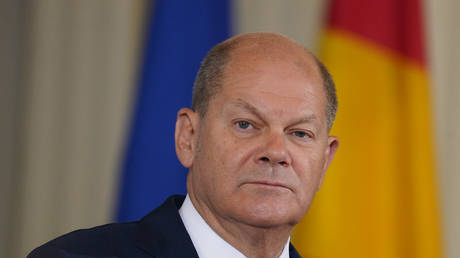 Germany warns of waning Western support for Ukraine
Germany warns of waning Western support for Ukraine
Christersson’s comments on concerns about other Western allies’ continued support for Ukraine came after a Nordic-Ukrainian summit in Oslo on Wednesday. Ukrainian President Vladimir Zelensky arrived in the Norwegian capital to meet with the heads of the five Nordic governments and seek additional financial aid for Kiev.
A few days earlier, he visited the US in an attempt to secure a $61 billion aid package for Ukraine that was recently blocked by Republicans. Zelensky failed to persuade them to approve the package, but US President Joe Biden promised him $200 million in emergency military aid.

 1 year ago
168
1 year ago
168
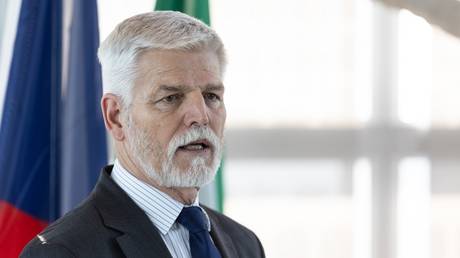
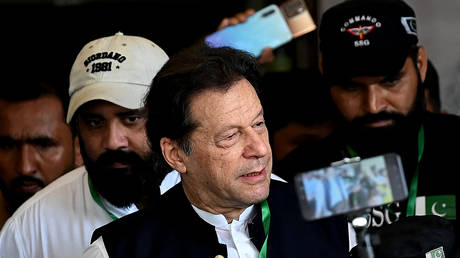
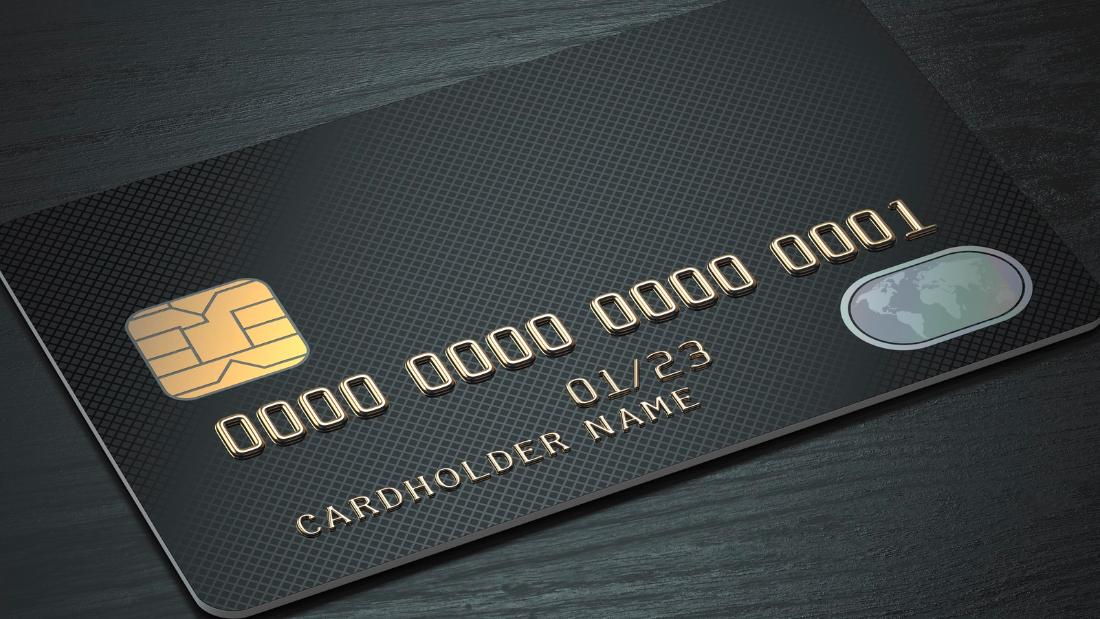

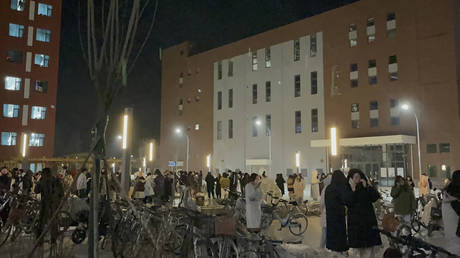
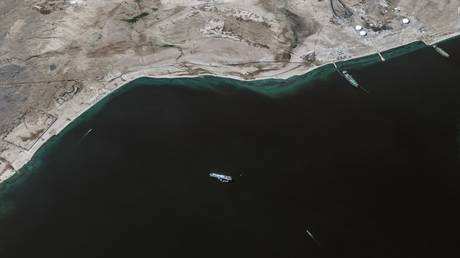
 English (US) ·
English (US) ·